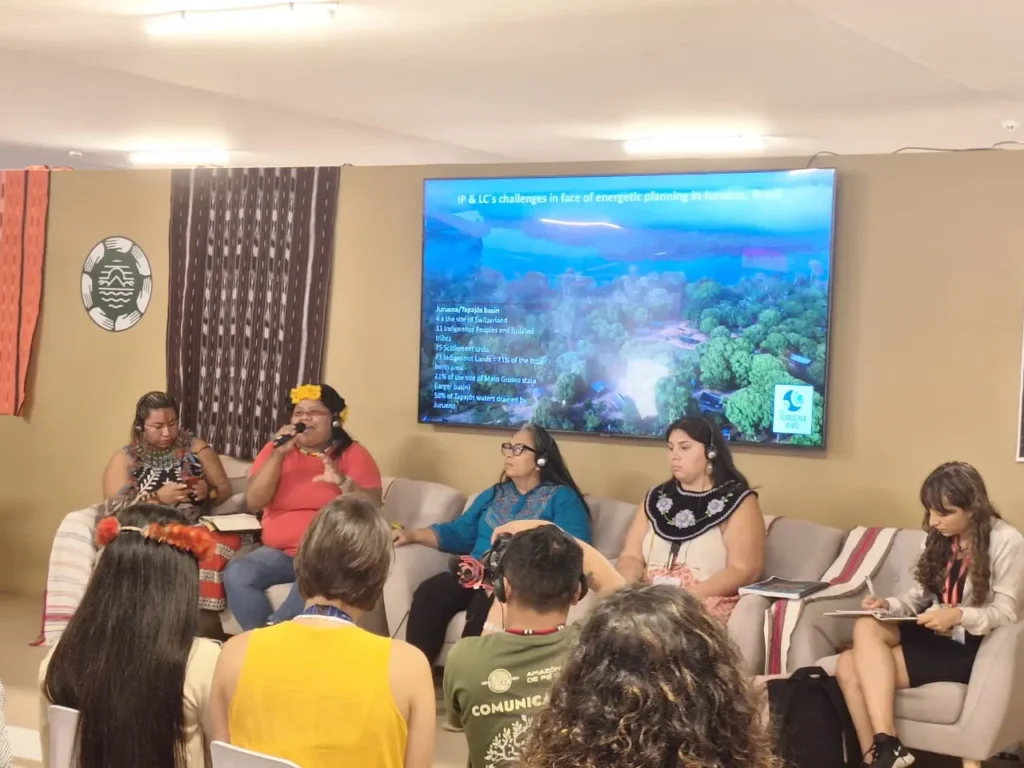On the day that is dedicated to the indigenous peoples of Latin America and the Caribbean, in the Pavilion, the Indigenous population of the COP28 Martha Tipuici the people of the Manoki, he took part in a table on the energy transition that is fair. It was an event, in partnership with OPAN, in the CAR, the CIR and the organizations and Indigenous Peoples ‘ Rights, International Business and Human Rights Resource Center, and the Right Energy Partnership.
After the screening of the film “Producing Power” and, in an emotional statement to Luene the Karipuna, a combination of Indigenous Women task force, in the northern brazilian state of Amapá, the impacts are already felt by the indigenous peoples, derived from the motion equation of the petroleum industry, at the mouth of the Amazon river, Tipuici talked about the situation of the planning group in the basin of the rio Juruena. The case was heard at the global level, in the sense that this is the source of energy is seen as a clean and renewable, in the context of climate change. “Is it the fact that you are doing it for a just transition in the region? We are not a part of this discussion,” he spoke.

She’s even problematic for the fulfillment of the right to be consulted in the free, prior and informed consent in the state of Mato Grosso, and in the valley of the rio Juruena, and tools for the management of the territory to be used as a means of increasing the capacity of communities to push back against climate change. “We, as indigenous people, we’re not going to save the world on their own for something that we do don’t we. You have to be liable for failure to adhere to our protocols for consultation and plans of the management, territorial,” he said.
